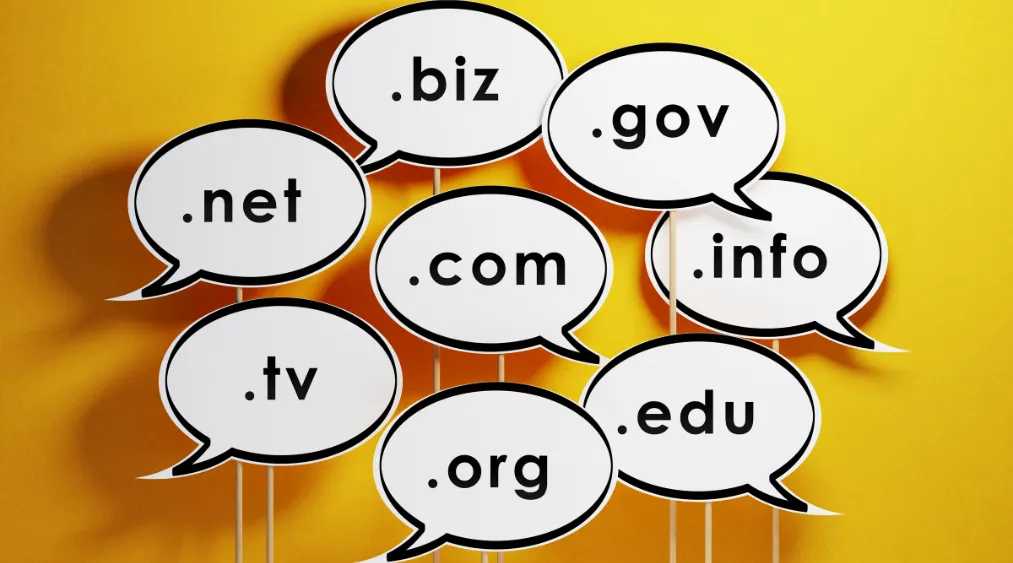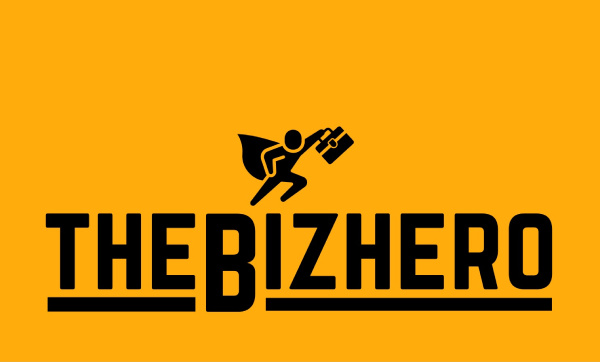
When starting a business, one immediate task is choosing the right domain name. It’s more than just a web address; your domain name is the brand identity of your online presence, influencing how your brand is perceived and how customers find you. Some may underrate the importance of domain names. In my view, this is probably one of the most critical decisions in business.
In this article, we’ll explore the importance of domain names and how to choose the right one for your business. We will also discuss how they impact your branding, customer trust, and online visibility. We’ll also explore why startups should embrace alternative domain extensions before aiming for the coveted .com domain.
Contents
What is a Domain Name?
A domain name is essentially your website’s address on the internet. It’s what people type into their browsers to find you, like amazon.com or lazada.sg. Think of it as your online storefront. It’s often the first impression many customers have of your brand. In addition, when engaging your client via email, your email with the domain name will also identify you. This is important in the era of cyber security, where phishing is prevalent.
Why Domain Names Matter for Your Business
1. First Impressions and Brand Credibility
Your domain name is your first touch point with your potential customer. A professional, memorable domain name builds trust and distinguishes you from competitors. For example, compare a polished domain like shopify.com to something like cheapstores123.net—it’s clear, which inspires confidence. This has become even more important in the digital age, where your client will now verify your email addresses with the proper domain names. Indeed, you would not want your email address to be mistaken for some scammers!

2. Brand Identity
Your domain name plays a key role in your brand identity. For instance, iconic names like Google and Lazada show how a unique name can evolve into a global powerhouse through strategic branding and consistent marketing efforts, even if it initially has no English meaning.
3. Search Engine Optimization (SEO)
While having keywords in your domain is no longer as important as once, a relevant, easy-to-remember domain name can help improve your online visibility and drive traffic. A good domain name makes it easier for your audience to find and share your website content.
4. Spelling and Mis-Spelling Risks
When choosing a domain name, the spelling of the name is an important aspect to consider. Choosing a domain name with easily misspelled words can cost your business traffic or missing out on leads. For instance, if your brand name is too similar to an existing English word, users may accidentally type the wrong spelling when searching on Google. A typical example is dessert.com versus desert.com—one attracts foodies, while the other leads to barren, dry landscapes! Jokes aside, imagine if you client trying to contact you via email, you may miss out on potential leads if there is a chance for your client to misspelled when writing your email address.
5. Consumer Trust and Scam Prevention
In today’s online environment, scams and phishing attacks are rampant. Your domain name must look legitimate to help customers trust your website. Avoid sketchy-looking domain extensions or overly complicated names, as these can deter potential customers and make your business appear untrustworthy. As mentioned, these days, people do not click freely on email. They will do due diligence to check for email addresses. A domain that inspires confidence protects your audience and reinforces your brand’s credibility.
Choosing the Right Domain Name for Your Business

Selecting the perfect domain name doesn’t have to be overwhelming if you follow these principles:
1. Keep It Short and Memorable
Names like Uber and Zoom are short, catchy, and easy to remember. A concise domain reduces the risk of errors and keeps your brand at the forefront of your mind. Of course, this is not as easy in today’s context, as the shorter it gets, the more challenging to obtain. Shorter domain names are now harder to register. You probably need to acquire them from the wholesaler or broker.
2. Reflect Your Brand Vision
Your domain should align with your business’s values and industry. For instance, notion.io reflects innovation and productivity, while greenpeace.org signals a non-profit mission. This is because the dot io domain name tends to associate with technology companies, while the dot org domain name is more associated with organizations or associations.
3. Avoid Numbers and Special Characters
Numbers and hyphens can confuse users. For example, would you instead type fiveguys.com or 5-guys.net? Stick to simplicity for maximum impact. These days, clients may be reluctant to engage domain names that come with numbers or hyphens due to the rise of phishing incidents.
4. Prioritize Scalability
Think beyond your current offerings. Choose a domain name that allows room for expansion into other categories of offerings, like how Amazon started with books but expanded into everything.
Why .COM May Be Beyond Reach for Startups

The .com extension is the gold standard for domain names. It’s globally recognized and trusted, but this popularity makes .com domains expensive and highly sought-after. For small businesses, it is almost beyond them to acquire. A good domain name costs a bomb, with premium names selling at astronomical prices. Cars.com reportedly sold for $872 million. For instance, Liquidity.com was recently sold for 7 figures (USD), and the company that made the purchase is the Liquidity Group.
However, don’t let this discourage you. Alternative domain extensions like .io, .ai, .net, or .co have emerged as legitimate options for startups and small businesses. These extensions are affordable and creative, helping companies to carve out a niche without breaking the bank.
Embracing Alternative Domain Extensions
1. Cost-Effective and Creative Options
Extensions like .io (popular among tech startups) and .ai (perfect for artificial intelligence businesses) provide affordable alternatives to .com. For example, openai.com started with openai.io before transitioning to .com.
2. Adding Meaning to Your Brand
Alternative extensions can reflect your industry or purpose:
- .io for tech companies
- .org for non-profits
- .store for e-commerce
- .co as a modern alternative to .com
- .net, one of the oldest extensions, generic and alternative to .com
3. Starting Small, Dreaming Big
Many successful businesses began with alternative extensions and upgraded to .com later once they had the revenue and recognition to justify the investment. This phased approach allows startups to establish their brand without financial strain.
How Domain Names Impact Brand Identity
For us here at thebizhero.com, our first step is identifying any potential .com name we can use. As we are a business blog, we look at other business blog domain names, and we decided to settle on thebizhero.com, a reasonable length in comparison to the other blogs, and it highlights the branding value we want to portray.
If you cannot register the .com name you want, you may want to get creative and try to create the make-up name. A common misconception is that your domain name must explicitly describe your business. However, as brands like Google and Lazada demonstrate, a domain name doesn’t need inherent meaning to succeed. Instead, what matters is the story and brand identity you build around it.
Key Insights:
- Your domain name is a blank slate. What you do with it gives it meaning.
- Focus on creating a consistent brand story and memorable customer experience to make your domain synonymous with your business.
Practical Tips for Choosing a Domain Name
- Research Thoroughly: Check for trademarks or similar names to avoid legal issues.
- Use Tools: Platforms like Namecheap, spaceship or GoDaddy can help you explore domain availability.
- Plan for Variants: Consider buying multiple extensions (e.g., yourbrand.net, yourbrand.org) to protect your brand.
Final Thoughts: A Name That Grows With You
Your domain name is more than an address; it’s the foundation of your digital brand identity. While securing a .com domain might be your long-term goal, alternative extensions offer startups a practical starting point to establish their online presence.
Remember, your domain is just the beginning. The value of your business lies in the brand you build, the trust you earn, and the impact you make. Whether your domain is .com, .io, or something else, focus on nurturing your brand and connecting with your audience.
After all, even today’s most prominent companies started small—with a dream, a name, and a vision for the future.

